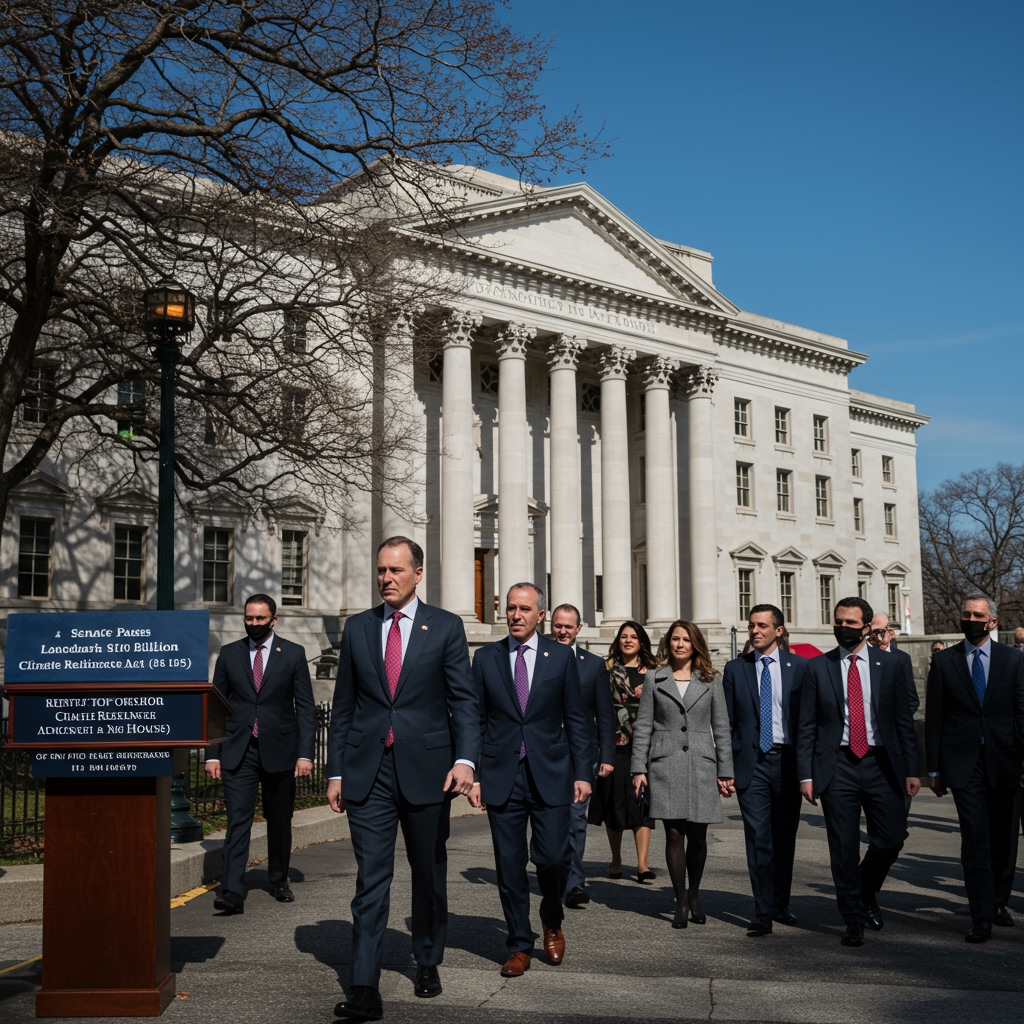A wave of intense protests has paralyzed Pakistan-administered Kashmir, marked by violent clashes, a severe communications blackout, and a rising death toll that now stands at least nine, including three police officers. The region has been under a complete shutdown for days as the Jammu and Kashmir Joint Awami Action Committee (JAAC), representing a broad coalition of civil society groups, presses its demands on the government. This current crisis is the latest escalation in a protracted confrontation fueled by deep-seated economic grievances and calls for political reform.
Deep-Rooted Grievances Fuel Latest Uprising
The current unrest, which began on September 29, centers on a comprehensive 38-point charter of demands presented by the JAAC. At the forefront are urgent calls for economic relief, including the provision of wheat flour at a subsidized rate of PKR 2,000 per 40kg bag and more affordable electricity tariffs. Protesters argue that it is unjust for the region, which is a significant producer of hydroelectric power, to face exorbitant electricity bills and frequent power cuts. Additional economic demands include the abolition of heavy toll taxes that stifle local trade and travel.
The protests also highlight significant political and governance issues. A key demand is the end to what the JAAC terms “ruling elite privileges,” which encompass special allowances and perks for government officials. Furthermore, the protesters are demanding the abolition of 12 seats in the region’s legislative assembly that are reserved for refugees from Indian-administered Kashmir. The JAAC contends that these reserved seats have led to the monopolization of development funds and serve as a tool for political manipulation by the central government. The withdrawal of legal cases against activists from previous demonstrations and demands for improved infrastructure, including healthcare, education, and an international airport, are also part of the extensive list.
A History of Unrest and Unfulfilled Promises
This surge in protests is not an isolated incident but rather the third major mobilization by the JAAC in the past two years. The roots of the current discontent can be traced back to May 2023, when residents first took to the streets against soaring electricity bills and shortages of subsidized wheat. The movement gained significant traction, leading to organized resistance and the formal establishment of the JAAC in September 2023.
A significant flashpoint occurred in May 2024, when a long march towards Muzaffarabad resulted in violent clashes and several fatalities. While then-Prime Minister Shehbaz Sharif intervened by agreeing to key demands, including slashing flour prices and reducing electricity tariffs through billions in subsidies, the peace proved ephemeral. Protesters now claim that many of these promises have not been fully implemented, leading to renewed anger and the current, more comprehensive set of demands.
Government Response and Escalating Violence
In response to the ongoing shutdown and clashes, the federal government has dispatched a negotiating committee to Muzaffarabad, the region’s capital, to hold talks with the JAAC. Prime Minister Shehbaz Sharif has appealed for calm and urged security forces to exercise restraint. However, reports indicate that local authorities had previously agreed to a significant number of the JAAC’s demands, but negotiations ultimately collapsed, prompting the call for the indefinite strike.
Amid the ongoing standoff, authorities have imposed a comprehensive communications blackout, cutting off internet and mobile services, which has been criticized by human rights organizations like Amnesty International for exacerbating panic and enabling misinformation. The violence has resulted in at least nine deaths and scores of injuries, with conflicting reports on the exact number of casualties.
Broader Implications and Trending News
The current unrest in Pakistan-administered Kashmir highlights a deepening crisis of representation and governance. Analysts suggest that the situation underscores Pakistan’s struggle to manage its administered territories, with protests being interpreted not merely as economic grievances but as challenges to its sovereignty. India has condemned Pakistan’s actions, labeling them as human rights violations. The protests are a significant piece of trending news, drawing international attention and complicating Pakistan’s narrative on the Kashmir dispute. The lack of effective governance and systemic economic exploitation are central themes emerging from this evolving situation. The outcome of the current negotiations remains to be seen, but the underlying issues point to a persistent and growing discontent within Pakistan-administered Kashmir.
This latest news from the region underscores the complex political and economic landscape, with citizens demanding basic rights and a more equitable distribution of resources. The ongoing dialogue is crucial for de-escalating the tension and addressing the legitimate concerns of the populace.















